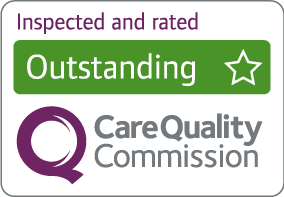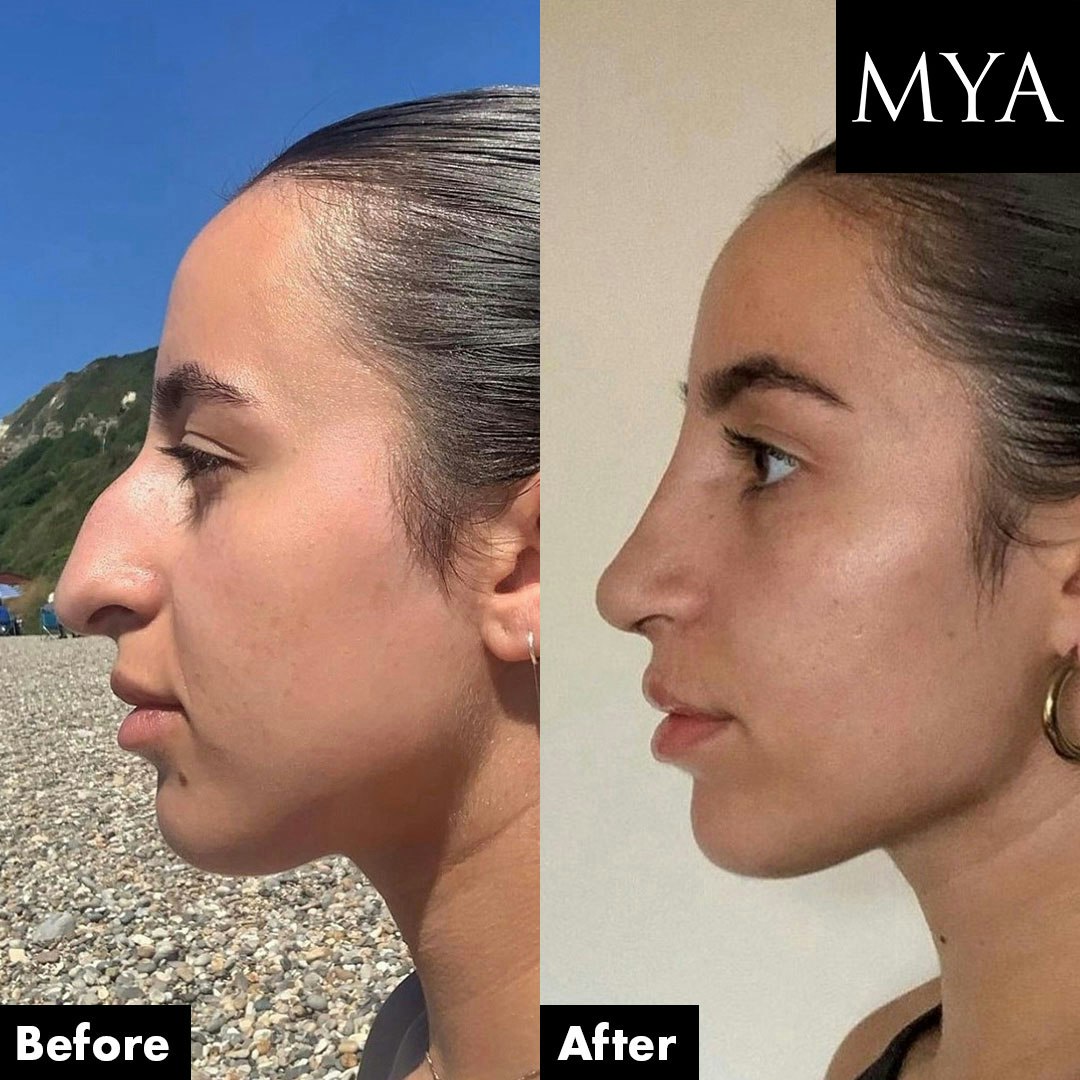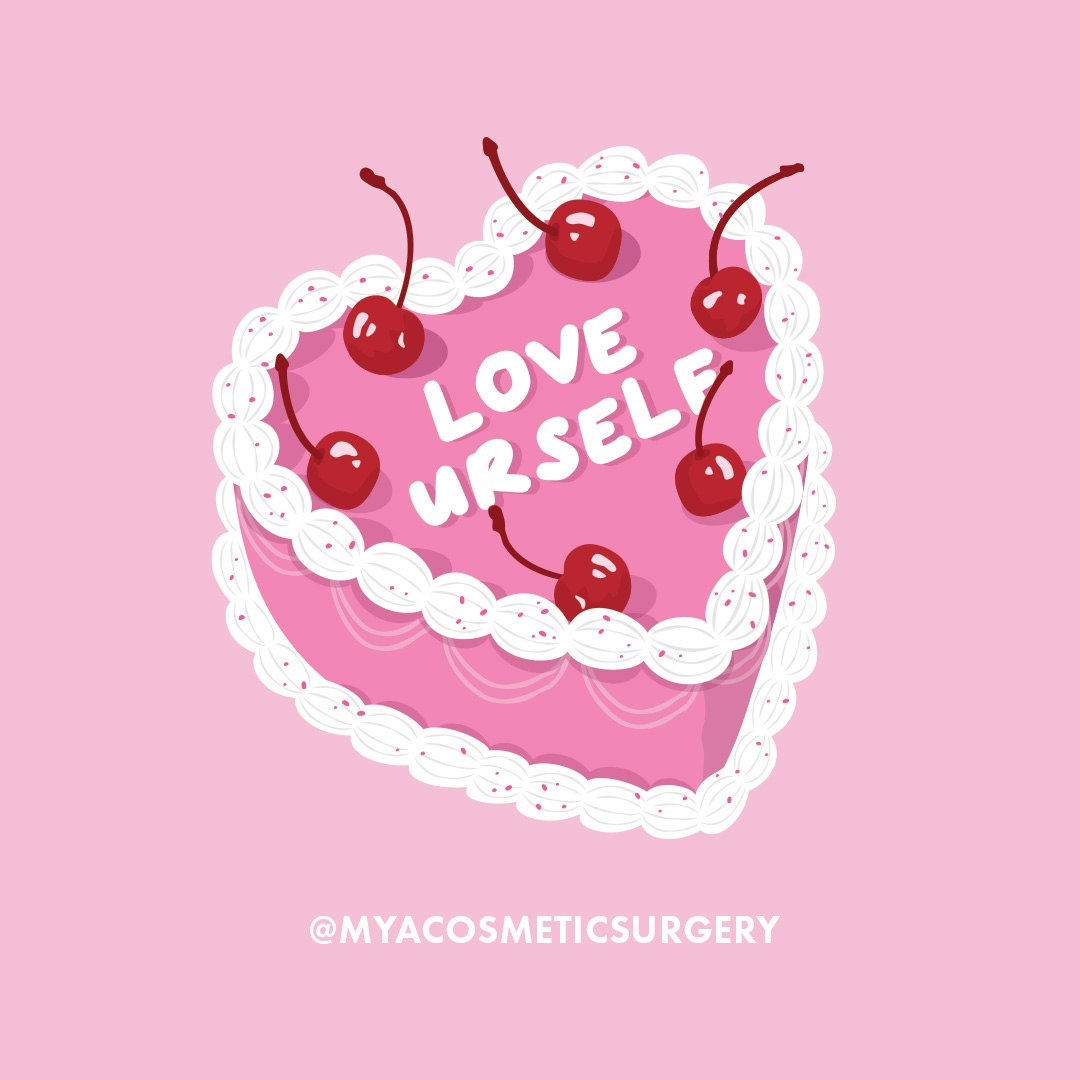After cosmetic surgery, your surgeon will advise you not to expose your post-op scars to the sun until 1-year after surgery.
Exposing the skin and cosmetic surgery scar to harsh UV rays can lead to delayed wound healing and increase the risk of infection. Even once fully healed, sun exposure can make scars seem more visible, as the rays increase the pigment in the scar, making it appear darker.
We all want to enjoy the sun (whether it’s home or away), so our team have put together a guide on how to enjoy the sun as safely as possible after cosmetic surgery.
Apply SPF to post-op scars
SPF should be worn daily on any exposed skin. It doesn’t just stop you from getting burnt, but it can also slow down noticeable signs of ageing (fine lines and wrinkles) and loss of skin elasticity, as well as reducing the risk of developing cancer.
A broad spectrum, high SPF should be applied liberally all over the body if you’re sitting in the sun this summer, paying special attention to any post-op scars.
We recommend using a sunblock stick for quick and full-coverage applications.
After surgery, scarring is natural and just your body’s way of healing. Exposing the scar to harmful sun rays can increase the pigment in the scar, making it look much darker.
Cover up your cosmetic surgery scar
Everyone wants to catch a tan while they’re away, but keeping cosmetic surgery scars covered when in direct sunlight is vital.
Combined with SPF and you’re all set to enjoy the sun safely.
Stay away from sunbeds
While you may want a little ‘base layer’ of a tan before you jet off, we recommend you don’t visit your local sunbed shop.
It can vastly increase your risk of developing skin cancer and encourage premature ageing.
The extreme temperature combined with the harmful UV rays can enhance the thickness and colour of the cosmetic surgery scars, affecting the final result.
Sunbeds can slow down collagen production in the skin, reducing the skin’s elasticity - this basically means your skin will look wrinkly well before it’s expected to. This reduction in elasticity can also affect the result of a breast procedure, as gravity will take its toll much sooner, so you’ll require a revision much earlier than expected.
Sunbeds can also cause dark spots and hyperpigmentation - is the permanent skin damage really worth it?
Keep your post-op scar dry
To aid healing, your post-op scar must be kept dry at all times.
If you’re planning on frolicking in the sea not long after your cosmetic surgery procedure, you may want to think again.
The mixture of saltwater, sweat and chlorine on your scar can be highly irritating and cause infections and rashes.
Submerging the area operated on should be avoided for at least 6 weeks post-op and when fully signed off by your MYA surgeon.
Flying after cosmetic surgery
If you want to enjoy the sun and show off your new body, remember that you’ll be advised not to fly too soon after your cosmetic surgery procedure.
You should not go on short/medium haul flights (3-6 hours) for at least 4 weeks post-op, and avoid long-haul flights (6+ hours) for at least 6 weeks after your procedure.
We advise sticking to the British sun (even if it’s not the most reliable) for as long as you can after undergoing cosmetic surgery - after all, it’s better safe than sorry.
For more information on travelling after cosmetic surgery, check out our blog - When Can I Travel After Surgery?
Post-op aftercare with MYA
Aftercare is vital for successful cosmetic surgery results.
Prior to your surgery, we’ll run you through aftercare routines based on your procedure.
You’ll then be invited for aftercare appointments with one of our MYA nurses, who will deliver wound care and check on your progress.
Make sure to check out our blog and MYA Forum for more tips on how to keep your post-op scar protected in the summer and beyond.









